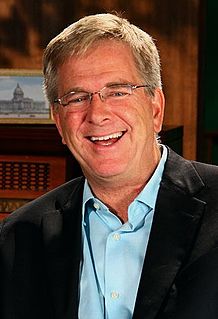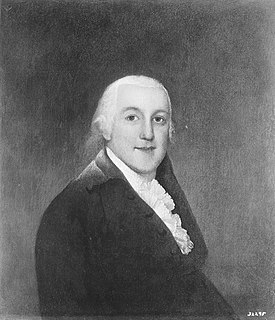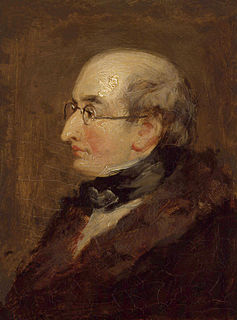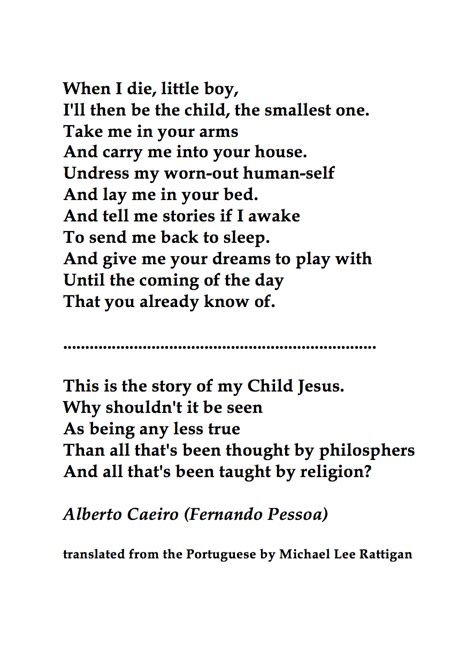A Quote by Henry David Thoreau
So far as my experience goes, travelers generally exaggerate the difficulties of the way. Like most evil, the difficulty is imaginary; for what's the hurry?
Quote Topics
Related Quotes
And then there are difficulties. Computers are famous for difficulties. A difficulty is just a blockage from progress. You have to try a lot of things. When you finally find what works, it doesn't tell you a thing. It won't be the same tomorrow. Getting the computer to work is so often dealing with difficulties.
A trouble with poetry is the presence of presumptuousness in poetry, the sense you get in a poem that the poet takes for granted an interest on the reader's part in the poet's autobiographical life, in the poet's memories, problems, difficulties and even minor perceptions. I try to presume that no one is interested in me. And I think experience bears that out. No one's interested in the experiences of a stranger - let's put it that way. And then you have difficulty combined with presumptuousness, which is the most dire trouble with poetry.



































